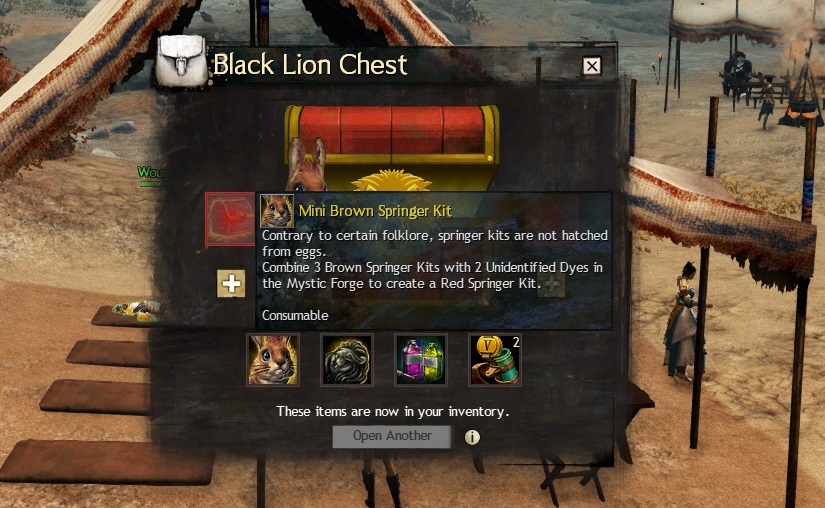Another Study Calls Loot Boxes "Structurally And Psychologically Akin To Gambling"
Maybe I'm just getting cynical (Me? Nahhhh ...), but seeing yet another organization declare that "loot boxes = gambling" just doesn't hit as hard as it used to. Maybe that's because, over the past three or so years, we've seen countless orgs do the same or nearly so, including a few actual governmental bodies (example 1, 2, 3, 4, 5, and etc.), and few of them have really taken any serious action to address them. It's all "recommend this" and "study that," with very little happening in the way of actual legislation or regulation.
So I'm highly skeptical that yet another study that has come out that says yes, loot boxes are effectively gambling, will really move the needle and do anything except generate a few headlines and heated comments. But that's why you're here, no? Make sure to check back in three months when some other toothless organization says the same thing again!
For now, we've got researchers at the universities of Plymouth and Wolverhampton in the UK, who were commissioned by the GambleAware charity, making the bold claim that loot boxes "are structurally and psychologically akin to gambling." In other words, they really, really, really feel like gambling. /shockedface
The study covers ground tread by other studies in the past, as well as touching upon governmental actions. Overall, though, it covers little new that isn't already known, such as how a small number of players (5% according to the study) account for a large percentage (50%) of a game's revenue, and that younger gamers, particularly males, are more likely to develop bad spending habits surrounding loot boxes than an older audience.
The study does get one significant point right, saying that "in the rapidly evolving world of video gaming, legislation against loot boxes is liable to be quickly rendered anachronistic." In other words, if you ban loot boxes outright, game companies will figure out some other way to extract ludicrous amounts of money from a small percentage of its players. Thus, any regulation must be agile and include "Longer-term mitigation of risk – from the potential dangers of a broad range of psychological nudges."
In the end, it makes the usual recommendations -- precise definitions of loot boxes vs. gambling, game labeling, odds disclosures, spending limits, the use of real-money currency, and so forth. Whether any of it will be taken seriously enough to effect action is anyone's guess.
Related Articles
About the Author

Jason Winter is a veteran gaming journalist, he brings a wide range of experience to MMOBomb, including two years with Beckett Media where he served as the editor of the leading gaming magazine Massive Online Gamer. He has also written professionally for several gaming websites.
More Stories by Jason WinterRead Next

Finally, some RuneScape news that isn't about its login woes.
You May Enjoy

Signups are open now.

It’s going to be a busy January.

This shamanic bard tailors songs to his needs.

The update also includes visual updates and other quality-of-life features.

Discussion (1)